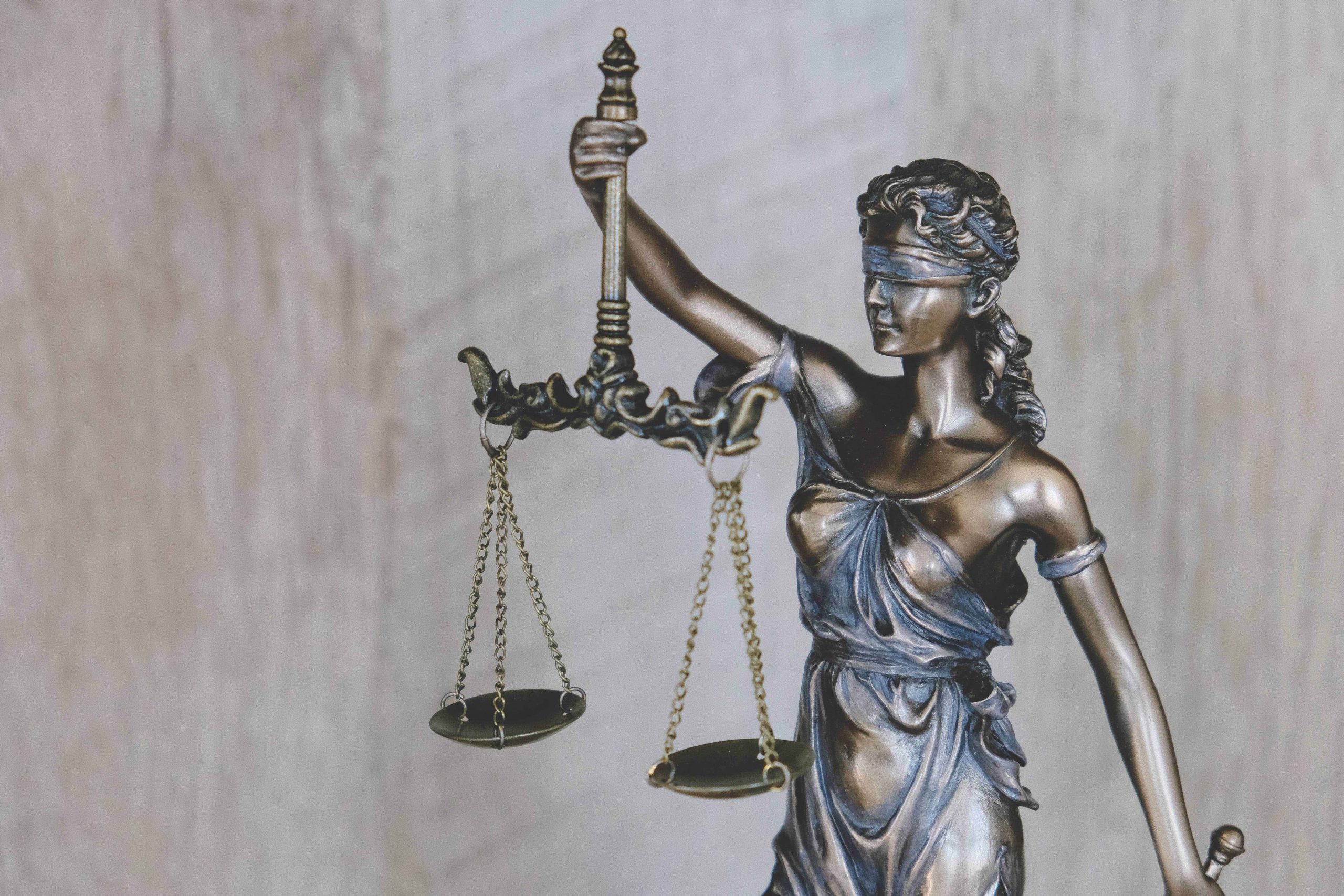Many Canadian universities, including the University of Calgary and the University of British Columbia, have recently announced proof of vaccination requirements to access campus. Students and faculty began rallying for McGill to implement a university-wide vaccine mandate in early September, and McGill responded in a statement arguing that the policy is infeasible under Quebec law. Following this, a group of 12 McGill law professors wrote an open letter that found fault in McGill’s statement.
Twelve McGill professors—later 36, as discussions continued—researched the legal case behind vaccine mandates and wrote to Rath Panda, chair of McGill’s Board of Directors, Suzanne Fortier, principal and vice-chancellor of McGill University, and Christopher Manfredi, provost and vice-principal (Academic) urging McGill to reevaluate their stance.
Richard Janda, associate professor in the Faculty of Law and a member of the initial twelve who voiced these concerns, argued that the university may be liable for damages to vulnerable people disproportionately impacted by the pandemic—such as immunocompromised people, pregnant women, and those with young families—should McGill not implement mandatory proof of vaccination.
“We were trying to signal that the university’s policy produced particular vulnerability for those people because they were not sure if they were safe in the classroom and some of them had to make very difficult choices between giving up their year in school versus coming to class,” Janda said in an interview with The McGill Tribune. “I have seen the kinds of serious impacts that there can be, and people who would suffer impacts of that sort would certainly have a basis for making a claim if they could make out that the university had acted negligently.”
Janda refuted the legal standing McGill used to defend their position, referencing a recent decision upheld by the U.S. Supreme Court, which involved students at University of Indiana making similar arguments.
“To argue that the people we should be protecting here are the people who, for no health or religious reason simply do not want to be vaccinated, is not really the protection of a vulnerable group of Canadians,” Janda asserted. “The president of the University of Ottawa, who has implemented such a proof of vaccination regime, is the former president of the Quebec Human Rights Commission and he’s a constitutional lawyer who knows this stuff inside out. So frankly, I trust Jacques Frémont’s analysis of this much more than I trust that of our general counsel.”
As per the federal government’s statement that education is an essential service, the McGill administration explains it will act, and implement COVID-19-specific accommodations, to make sure that no students are excluded from the learning environment.
“The government considers higher education to be an essential service, [which imposes] a responsibility to ensure that no one enrolled in our university is excluded from essential learning activities without extraordinary justification,” wrote McGill media relations officer Frédérique Mazerolle. “McGill’s plan for the Fall involves several layers of protection, [and] accommodations are available for vulnerable students and employees with appropriate medical documentation.”
While Janda and the university state that accommodations are available for people unable to get vaccinated for certain reasons, 2L law student *Grace is concerned that the Faculty of Law, in particular, has not delivered on this promise.
“There is absolutely no accommodation at the Faculty of Law,” *Grace said. “There is no imposed hybrid learning, if you miss class you miss class. [The Faculty cannot] accommodate to the point of telling people to just not come to school, which is very ableist in my opinion. There is no way for them to ethically impose vaccine mandates on campus without offering an across-the-board hybrid option for people who can’t go.”
*Grace’s name has been changed to preserve their anonymity.







